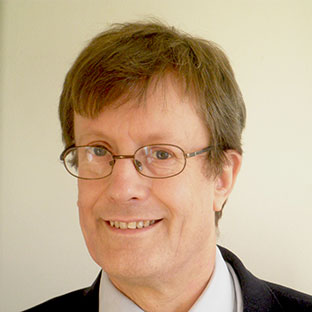What are the characteristics of places that successfully manage to grow inclusively? Or, to put it another way, what do cities need in order to make sure their economic success spreads to most of the people who live there?
That question – the characteristics of truly successful places – is at the heart of the Inclusive Growth Commission, and it came up in the commission’s first seminar, in a packed conference room at the RSA.
It is still far too early to answer the question definitively. There are still discussions about the definitions of inclusive growth, still questions to answer about the right metrics that might be capable of measuring it.
But as the meeting progressed, I found myself wondering increasingly about one characteristic in particular. We who live their lives around this question find ourselves talking mainly about the kind of metrics successful places use, the kind of development, the kind of returns and systems and devolution deals. But it has struck me – perhaps it should have done before – to wonder what kind of people make for inclusive growth.
A number of these came up in the course of the seminar. The following are a few of the kinds of people who were mentioned that it might make sense to attract if you want your city region to grow inclusively:
- Entrepreneurs. Perhaps that goes without saying, but there remain issues around why some places produce entrepreneurs who stay put, some produce entrepreneurial people who leave, and some find it hard to produce them in the first place – or seem to.
- Creatives. These are not necessarily the same as entrepreneurs, and there may be issues around the education system’s relentless emphasis on technical skills, literary and mathematical, especially perhaps in the places that actually most need creative skills.
- Innovatives. The late Anita Roddick, of Body Shop fame, used to describe entrepreneurs as people who could see the world differently. That isn’t the conventional definition, and it is definitely a related set of people to the entrepreneurs. But these might be political or social innovators, or people who inspire friends to do things differently. Either way, they may be pretty crucial to inclusive growth.
- Mentors. Or to put it another way: you need a complex mesh of business people with success behind them, who have the time and the inclination to guide their successors. You need social networks, but networks that include people with experience and an avuncular disposition.
Those four might be obvious. Of course you need people like those in the mix, though it begs the question about how you attract or retain them, or how you educate them if they are not there already. But three other much less predictable people also came up in conversation in the seminar who also may be crucial:
- Very high quality teachers. There is a whole industry devoted to the possibility that the quality of teacher isn’t as important as the systematic quality of the teaching, or the curriculum or tests, but there is a growing consensus that it is actually the quality of the teachers themselves that is all-important if you want to make things happen.
- A new breed of social or micro economist. We heard about one city where the university is packed full of conventional macro economists with little interest in their local economy and how it might work better. Successful cities may need a local economics department interested in getting stuck in.
- Rooted university people. We also heard about a university that has changed its mind, and now wants to have close links with their local region, because they can finally see the benefits. There are obvious and very important benefits the other way around.
Are these important for inclusive growth? If so, how crucial are they? Are they vital or are they part of some other process that is actually more important? Or are there other kinds of people I have missed off the list?
I hope the next few weeks will provide some tentative answers. But, in case they don’t, please let us know by tweeting answers to #incgrowth
Find out more about the Inclusive Growth Commission
David Boyle is a Research Associate at the RSA.
You can find him on Twitter @davidboyle1958.
Related articles
-
Solving poverty: the promise of inclusive growth?
Neil McInroy
Neil McInroy, Chief Executive of CLES, examines the inclusive growth agenda and what is needed for it to really achieve social inclusion alongside economic growth.
-
Inclusive growth must cross generational divide
Katharine Swindells
Katharine Swindells opens her series of blogs exploring how the new political landscape post-Brexit affects people under-25 and what Inclusive Growth might mean for the first generation in a century to be poorer than their parents.
-
Are inclusive growth policies compatible with the current model of welfare?
Dr David Etherington Prof. Martin Jones
Dr David Etherington and Professor Martin Jones explore how changes to the welfare system could promote inclusive growth


Be the first to write a comment
Comments
Please login to post a comment or reply
Don't have an account? Click here to register.